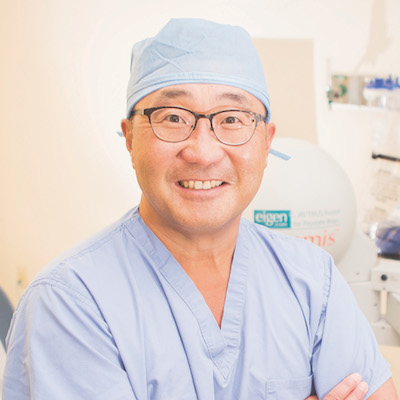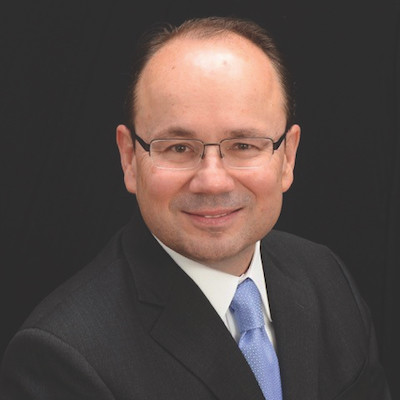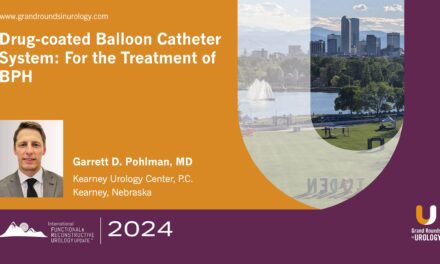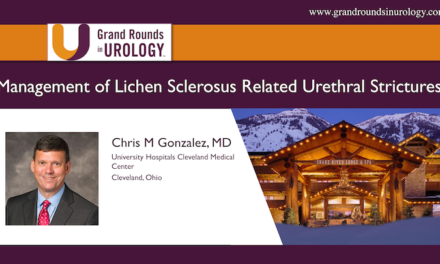Session 1:
Next Generation Developments in Bladder Cancer#
2018 Consensus Statements#
- We need to develop a consensus on standard testing for immunotherapy and molecular therapy testing to facilitate eligibility for immuno-oncology and molecular therapy.
- Identifying predictive PD-1/PD-L1 expression markers for patients with metastatic and possibly non-metastatic disease is necessary.
- We should incorporate molecular diagnostics into the risk stratification of bladder cancer.
- Improving the diagnostic accuracy, evaluation, and risk stratification of noninvasive bladder cancers by better determining tissue, radiographic, and molecular predictors of disease risk needs to be emphasized.
- We should more clearly risk-stratify T1 tumors to assist clinicians in clinical management and to identify those patients eligible for future clinical trials.
- In patients with T2-4 urothelial carcinoma (UCC), the risk/benefit of T0 after transurethral resection (TUR) prior to and following neoadjuvant chemotherapy (NAC) should be further explored.
- The beneficial impact of systemic immunotherapy or combination therapy for high-risk noninvasive bladder cancers needs to be studied.
5-Year Predictions: #
- Transurethral resection of bladder tumor (TURBT) will be done in the same way.
- No consensus urine marker will exist yet.
- Molecular profiling of invasive and non-invasive tumors will be more commonplace and will help determine therapeutic choices.
- Bladder sparing multimodality will become more commonly chosen for invasive disease.
Session Moderators#
Sam S. Chang, MD, MBA
Vanderbilt University
Nashville, TN
Michael S. Cookson, MD
University of Oklahoma
Oklahoma City, OK
ABOUT THE AUTHOR
Sam S. Chang, MD, MBA, is the Patricia and Rodes Hart Endowed Professor of Urologic Surgery and Oncology and the Chief Surgical Officer of the Vanderbilt Ingram Cancer Center in Nashville, Tennessee. Dr. Chang is a graduate of Princeton University and Vanderbilt University Medical School. He completed his uro-oncology fellowship at Memorial Sloan-Kettering Cancer Center and obtained his MBA at Vanderbilt’s Owen School of Business.
Since his return to Nashville, Dr. Chang has focused on urologic oncology and education and has led efforts in integration of evidence-based medicine in clinical pathways, enhanced national guidelines formulation, and improved urologic cancer staging. He has orchestrated the initiation and expansion of multiple cancer-related treatment protocols at Vanderbilt and elsewhere. Dr. Chang has served as Chair of the Society of Urologic Oncology (SUO) Panel on Hormone Refractory Prostate Cancer, Chair of the American Joint Committee on Cancer (AJCC) GU Staging Task Force, the facilitator and Vice-Chair of the Renal Malignancy Follow-Up AUA Guidelines Panel, the chair of the AUA/ASCO/ASTRO/SUO Guidelines on Nonmetastatic Invasive Bladder Cancer, and Chair of the AUA Prostate Cancer Core Curriculum Committee. He completed his term (2018-2022) as Assistant Secretary of the American Urological Association in charge of International Relations with Europe and the Middle East and served as a member of the initial AUA Task Force on Diversity and Inclusion.
Dr. Chang was a member of the AUA Renal Mass Guidelines as well as the AUA Upper Tract Cancer Guidelines and is a current member of the National Comprehensive Cancer Network (NCCN) Bladder Cancer Panel. His current leadership roles include Secretary of the SUO (2022-2026), Chair of the American Board of Urology Examination Committee (2020-2024), and Trustee for the American Board of Urology (2024-2030).
While maintaining a busy clinical surgical practice, Dr. Chang has authored more than 300 original publications and multiple book chapters. He has also edited several textbooks. For his academic efforts, he received the SUO’s first-ever Distinguished Service Award, aCaPCURE Young Investigator Award, and has been named multiple times as a Journal of Urology’s Best Reviewer. Dr. Chang was named as the 2011 recipient of the American Urologic Association Gold Cystoscope Award and was nominated as Fellow of the Nashville Health Care Council in 2016. His education and mentorship efforts have been recognized with his Department's Best Teaching Faculty Award as well as the Christine Manthos Mentoring Award from the Society of Women in Urology (SWIU).






